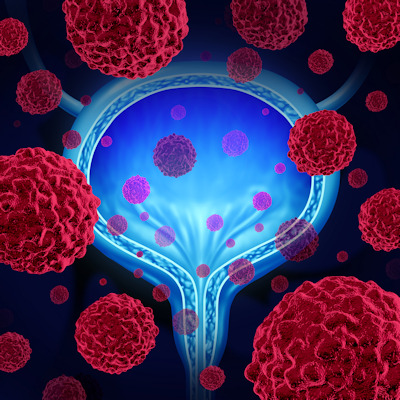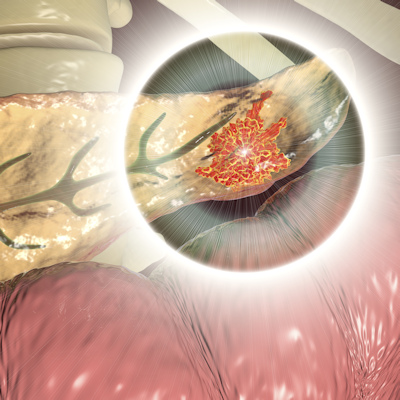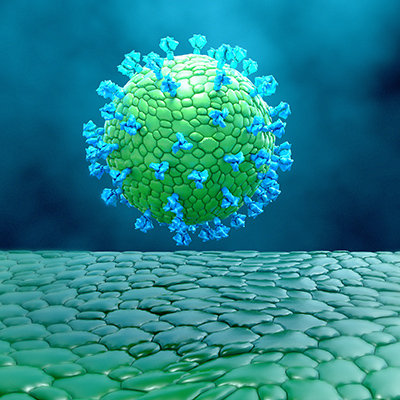April 20, 2023 -- Fred Hutchinson Cancer Center scientists discovered an emergency brake that bladder cells use to ward off tumors even when cancer-promoting genes are turned on. In a study published April 20 in Cancer Cell, the scientists halted human bladder tumor growth in mice, suggesting the brake could be a target for future bladder cancer therapies.
An estimated 82,300 people in the U.S. -- typically men over age 55 -- are diagnosed with bladder cancer annually. Late-stage disease patients have few effective treatment options.
The researchers explored the ARID1A gene, a key tumor-suppressing gene in bladder cells, which encodes a protein in humans called AT-rich interactive domain-containing protein 1A (ARID1A). ARID1A is one of the most frequently mutated genes, suggesting that it works to suppress tumor formation.
They found that ARID1A mutations ramp up a suite of cancer-causing genes. At the same time, the mutated cells ramp down a molecule needed to "translate" these genes' messenger RNAs into cancer-causing proteins that enable unrestrained growth. They dubbed this "transcriptional-translational conflict": the increased transcription of genes that could drive cancer, countered by the decreased translation, or synthesis, of their proteins.
To learn why mutations that block ARID1A activity promote tumors, the researchers deleted ARID1A in the cells lining the bladders of mice. But the mice did not develop tumors, even with a ramped-up suite of pro-growth genes. The researchers unexpectedly found that in bladder cells missing ARID1A, RNA translation (protein synthesis) went down, not up.
Since cancer cells need abundant protein to grow and proliferate, a longstanding idea was that more translation promoted cancer. The researchers realized instead that the pro-cancer genes turned on in cells lacking ARID1A were like a pile of tinder. As long as the cells kept the RNA translation "match" out of reach, no tumors could ignite. Thus, ARID1A loss ultimately reduces the output of new proteins.
The researchers found that a bladder cancer-promoting compound in cigarette smoke, called N-butyl-N-(4-hydroxybutyl) nitrosamine (BBN), boosts the protein machine component blocked by ARID1A loss, causing an uptick in protein production. Dosing mice with BBN prior to deleting ARID1A balanced translation and unleashed the pro-cancer potential in genes turned on without ARID1A. Tumors grew and progressed more quickly in BBN-treated mice lacking ARID1A than in mice that retained the gene, confirming that translational-transcriptional conflict suppresses tumor formation.
The scientists reinstalled the "emergency brake" by using the protein synthesis inhibitor homoharringtonine (HHT). They used tissue from BBN-induced tumors to create lab-grown tumor models called organoids. HHT slowed the growth of organoids missing ARID1A at concentrations that didn't stop organoids with normal ARID1A from growing. HHT also decreased tumor growth by 59% in patient-derived xenograft mouse models with low ARID1A levels, and by 36% in mice with moderate ARID1A levels, but did not affect tumor growth in mice with high levels of the protein.
"This provides a potential therapeutic window of how we could use this genomic alteration in ARID1A as a foothold for treating patients with advanced disease," said co-author Dr. Andrew Hsieh, Hutchinson scientist, in a statement. "If this finding holds true in other cancers, it will help us better understand how to target the translation apparatus."
Copyright © 2023 scienceboard.net











